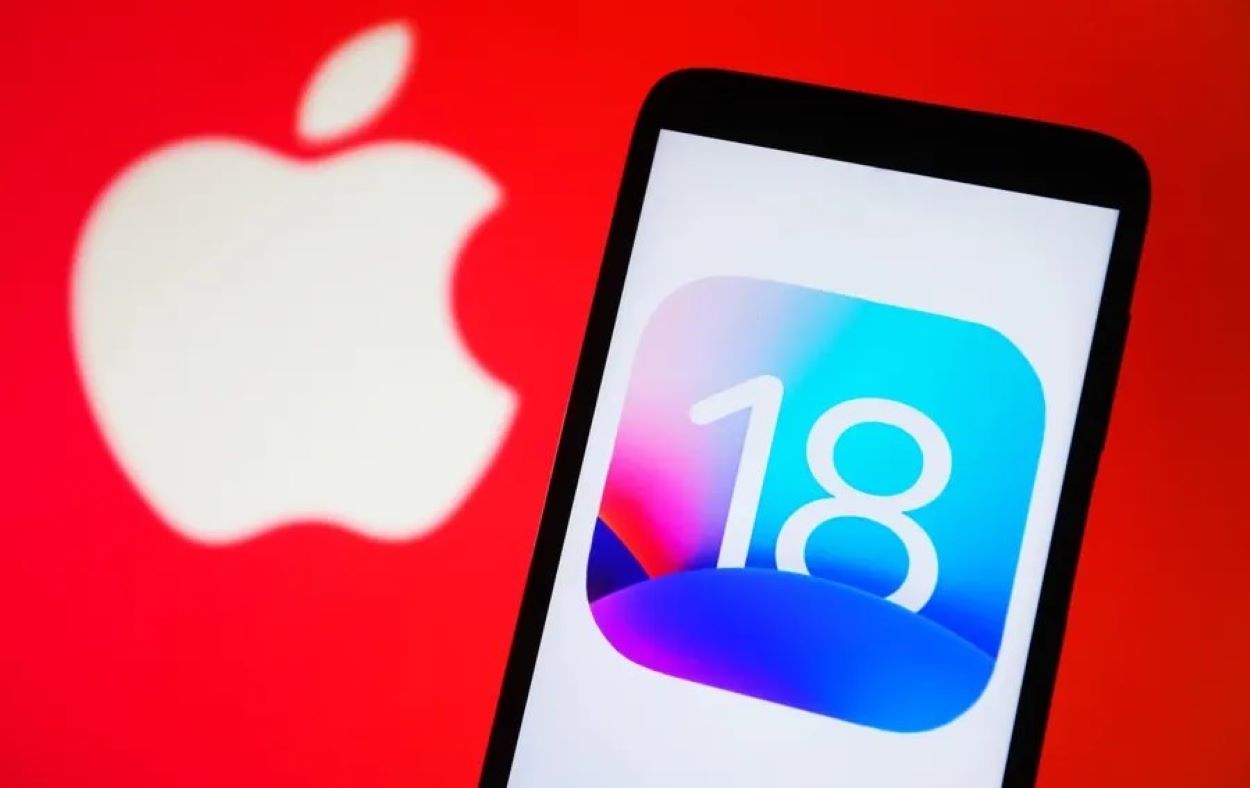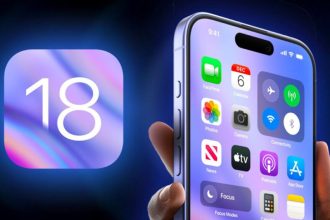Apple enhanced iPhone security with the rollout of the iOS 18.1 update on October 28, introducing a feature that complicates thieves’ and law enforcement’s efforts to access locked devices.
The new feature, ‘Inactivity Reboot,’ causes iPhones stored for forensic analysis to reboot automatically, thereby increasing the difficulty of unauthorized access.
Reports from 404 Media have shown that police in Detroit discovered iPhones stored for forensic examination and unexpectedly rebooted them. Law enforcement initially misunderstood this issue, as indicated by a Michigan police report speculating that iPhones might be signalling each other to reboot. However, a security researcher analyzed the iOS 18.2 code and clarified that the ‘Inactivity Reboot’ function activates due to prolonged inactivity rather than network communication.
This security feature shifts the device into a Before First Unlock (BFU) state if it stays unlocked for an extended period. In this mode, the iPhone’s encryption reaches its highest level, allowing only call reception and severely limiting data access. After the user performs the first unlock, the iPhone moves to an After First Unlock (AFU) state, enabling biometric features like Face ID and Touch ID and slightly lowering the security level.
The ‘Inactivity Reboot’ feature is designed to reboot the iPhone to BFU mode if it has not been unlocked within a certain timeframe. This makes the device much more difficult to access using unlocking tools commonly employed by law enforcement and criminals, such as those from Cellebrite or GrayKey.These tools often rely on brute force techniques, which are less effective against devices in BFU mode.
Apple’s introduction of this feature continues its commitment to user privacy and security, following previous measures such as disabling USB debugging to prevent unauthorized data access. This ongoing enhancement of security protocols underscores the company’s stance on protecting user data against unauthorized access, which gained significant attention after Apple refused to unlock an iPhone for the FBI in 2016.






